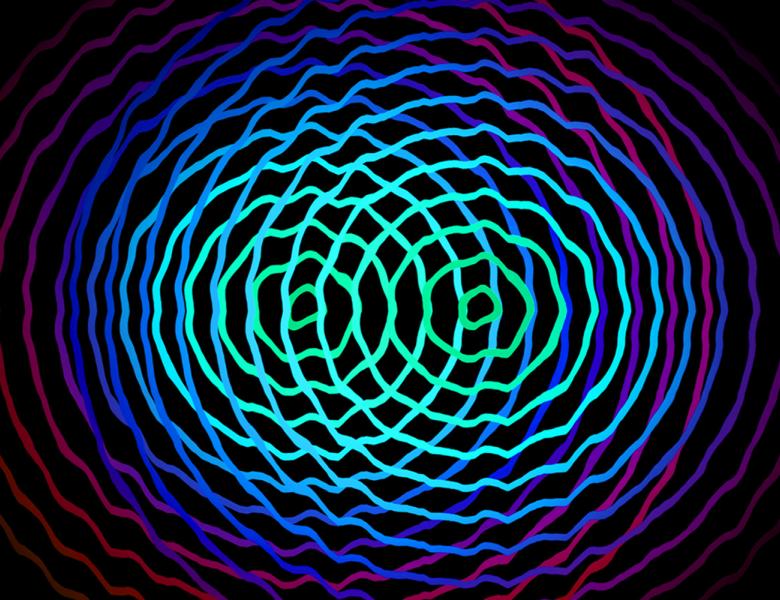
Abstract
With the rapid development of quantum technology, one of the leading applications is the simulation of chemistry. Interestingly, even before full scale quantum computers are available, quantum computer science has exhibited a remarkable string of results that directly impact what is possible in chemical simulation with any computer. Some of these results even impact our understanding of chemistry in the real world. In this perspective, we take the position that direct chemical simulation is best understood as a digital experiment. While on one hand this clarifies the power of quantum computers to extend our reach, it also shows us the limitations of taking such an approach too directly. Leveraging results that quantum computers cannot outpace the physical world, we build to the controversial stance that some chemical problems are best viewed as problems for which no algorithm can deliver their solution in general, known in computer science as undecidable problems. This has implications for the predictive power of thermodynamic models and topics like the ergodic hypothesis. However, we argue that this perspective is not defeatist, but rather helps shed light on the success of existing chemical models like transition state theory, molecular orbital theory, and thermodynamics as models that benefit from data. We contextualize recent results showing that data-augmented models are more powerful rote simulation. These results help us appreciate the success of traditional chemical theory and anticipate new models learned from experimental data. Not only can quantum computers provide data for such models, but they can extend the class and power of models that utilize data in fundamental ways. These discussions culminate in speculation on new ways for quantum computing and chemistry to interact and our perspective on the eventual roles of quantum computers in the future of chemistry.


